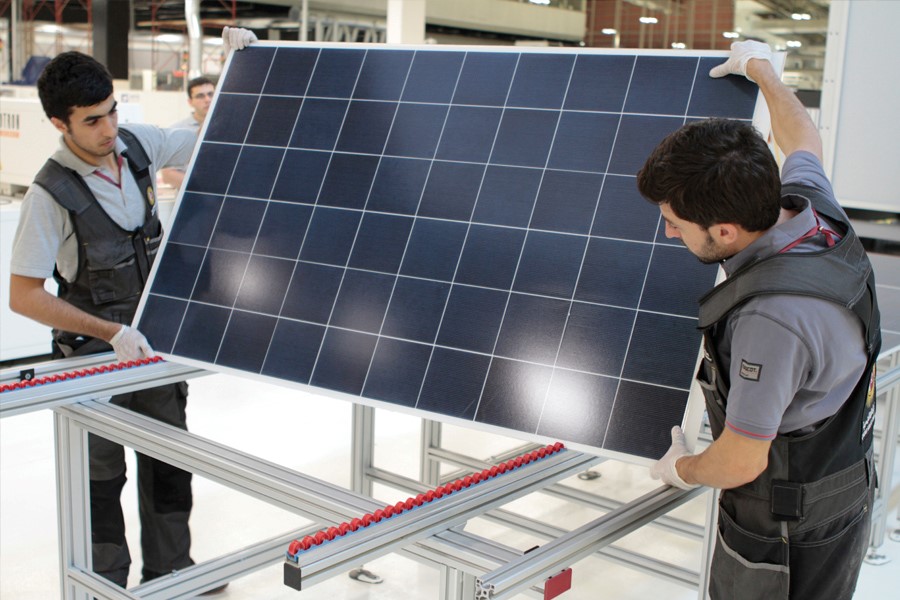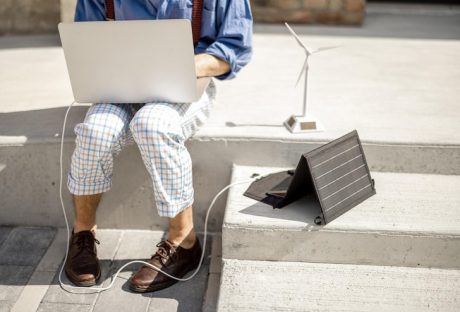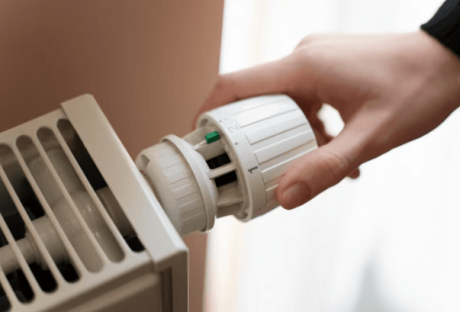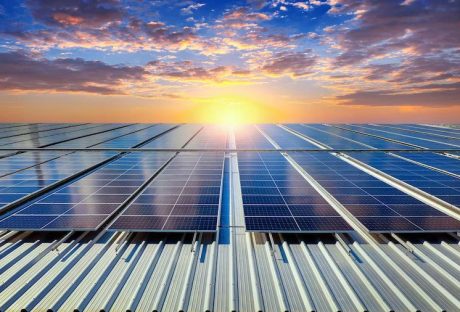Solar power has been around for quite some time, and the first photovoltaic cells were created in the 1950s.
Since then, technology has been improving, and the efficiency of modern photovoltaic cells has increased immensely, making solar power a viable option.
If you are considering getting mobile solar generators, here is everything you need to know.
What Are Mobile Solar Generators?
Most solar generators are static, which means they do not move. However, there are mobile ones that you can transport to any location and use if there is enough sunlight.
These items are common with people who love camping, RV camping, and boats, and they come in a variety of sizes.
They are also popular for use in infrastructure projects, agriculture, and even remote communities.
Mobile solar power generators have a bank of photovoltaic cells. These cells turn sunlight into energy, which can then be stored in batteries. This type of power generator is handy for your next outdoor adventure.
What Do You Need for Mobile Solar Generators?
When you are looking to purchase or make mobile solar generators, four components make the device, which are:
- Solar Panels
- An Investor
- A Solar Charge Controller
- Solar Batteries
The solar panels and batteries are the parts of this device that can vary in quality. You will want to select the most efficient solar panels you can afford and high-quality batteries to store your electricity.
How Do They Work?
You first need to transport your system to where you want to set it up and then assemble the solar panels. The solar panels collect energy from the sun, which is converted to a Direct Current (DC), and it is then passed through the solar charge controller.
The controller regulates the voltage of the electricity when charging the battery, where you store the power to be used later.
When ready to use the energy collected from your solar panels, the inverter converts the DC power into AC (Alternating Current), which most electrical appliances use.
The Pros & Cons of Mobile Solar Power
There are a lot of benefits to using solar power, but there are some drawbacks as well. One of the best things about solar power is that it is 100% clean and renewable energy that you are using, and there are no fuels to burn, which will create pollution.
They are also relatively simple to maintain, and the biggest task will be to clean the solar panels and ensure that they are running at maximum efficiency.
There are some cons to solar power as well. The biggest one is that there is a significant upfront cost required to purchase the equipment you will need.
You are also limited to the amount of power you can store, depending on the size and efficiency of your batteries. The charging process is also slow.
The expense of solar technology can pay for itself in a short time, so it is worthwhile to invest in.
You will have the luxury of being able to use your electrical devices wherever you go, safe in the knowledge that you are doing your part for the environment.
How Mobile Solar Generators are Good for Digital Nomads
As a digital nomad, one of the things you will love about this lifestyle is that you will have all the freedom to work from wherever you may be.
That said, it can be challenging to stay connected or keep your devices charged, and that is where mobile solar generators come into play with an easy eco-friendly solution.
Whether you’re working in a coffee shop or camping in the wilderness, mobile solar generators will keep your devices charged. Here’s how.
On-the-Go Power
Mobile solar generators are lightweight and compact, so you can take them with you on the road.
No matter if you’re driving in a van or RV or backpacking around the world, your generator comes with you to power your mobile office no matter where you set it up.
Minimize Digital Nomad
As a digital nomad you can minimize your carbon footprint by using the sun as your source of energy, instead of relying on fossil fuels.
Most of us tend to be living a sustainable and minimalist lifestyle already, so this suits us well!
The initial investment for a mobile solar generator may seem high, but it pays for itself over time. With the sun as its fuel source, you save on fuel costs. Additionally, many nations provide tax credits or reimbursements on renewable energy usage.
Quiet Operation
Traditional generators can make a lot of noise, which isn’t necessarily something you want in a quiet, natural environment as a digital nomad.
Mobile solar generators don’t produce any noise pollution. So, you can enjoy the peace and quiet of your surroundings without a constant drone running a petrol engine.
Independence from the Grid
Modern mobile solar generators are equipped with advanced batteries that store energy efficiently.
This means you can have a consistent power supply even on cloudy days or at night.
Many models also offer multiple output options, including USB ports, AC outlets, and DC carports, to charge various devices simultaneously.
Since you don’t need electricity to generate more electricity with these gas-free solar generators; you are not chained to the local electricity grid.
Especially when it takes weeks for electrical companies to get everything up and running again. Yes, it’ll not affect you at all.
Read Also:
- The Benefits of Solar Lighting in a Nutshell
- 10 Steps To Take To Set Up Solar Panels At Home
- What You Should Know About Solar Energy for Schools Benefits
- What Are Solar Incentives?
- Prepare Your Solar Panels for the Fall























